Originally from Ghana, Ottobah Cugoano was an abolitionist in England during the late 18th century. Born in 1757, he part of the Fanti people and the member of a family of influence.
EARLY YEARS IN ENGLAND
Between 1768-1769, Ottobah Cugoano is sold into slavery. For roughly three years he toils on Caribbean plantations until Alexander Campbell purchases him. He is taken to England and baptized as John Stuart. Not long after, the young Cugoano pursues an education in reading and writing at the encouragement of Campbell.
He is freed before the decade is out and begins working for artists Richard and Maria Cosway. It is through the Cosways’ position in British society that Cugoano becomes involved in abolitionist circles.
SONS OF AFRICA
Eventually, he would meet Olaudah Equiano—known as Gustavus Vassa—and other educated Blacks in London. This lead to him joining the Sons of Africa, a group of abolitionists that wrote on the evils of slavery to papers in the country.
Cugoano’s writing culminates in the 1787 publishing of Thoughts and Sentiments on the Evil and Wicked Traffic of the Slavery and Commerce of the Human Species. His book targets the institution of slavery from a very heavy Christian base and makes the case that abolition is the answer. It also serves as an autobiography of his life prior to arriving in England.
Of course, given that Britain’s financial health depended on slavery the Crown wasn’t budging. In 1791, Ottobah Cugoano released another version of the book directed at the Sons of Africa which pushed for schools in the country for Black students and support for the Black Poor and Black Loyalists who were living in London following the failed attempt at settling Sierra Leone between 1787 and 1789.
SOURCE
-Thoughts and Sentiments on the Evil and Wicked Traffic of the Slavery and Commerce of the Human Species: http://quod.lib.umich.edu/e/eccodemo/K046227.0001.001/1:5?rgn=div1;view=fulltext
-http://www.brycchancarey.com/cugoano/index.htm
-http://www.discoveringbristol.org.uk/slavery/people-involved/enslaved-people/personal-stories/high-status-africans/

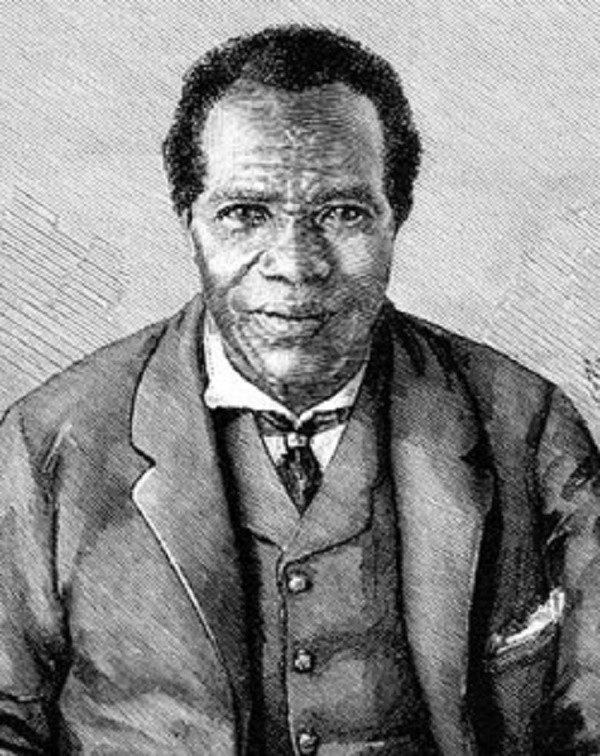



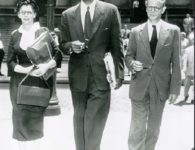
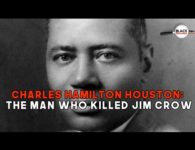
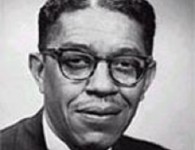
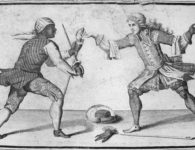
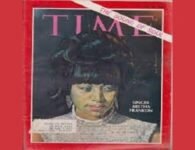
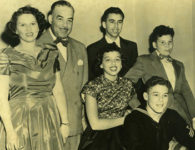
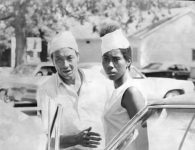



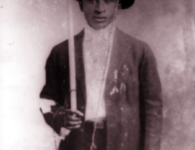
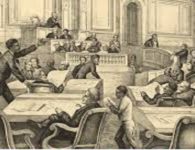

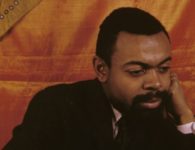

No comments